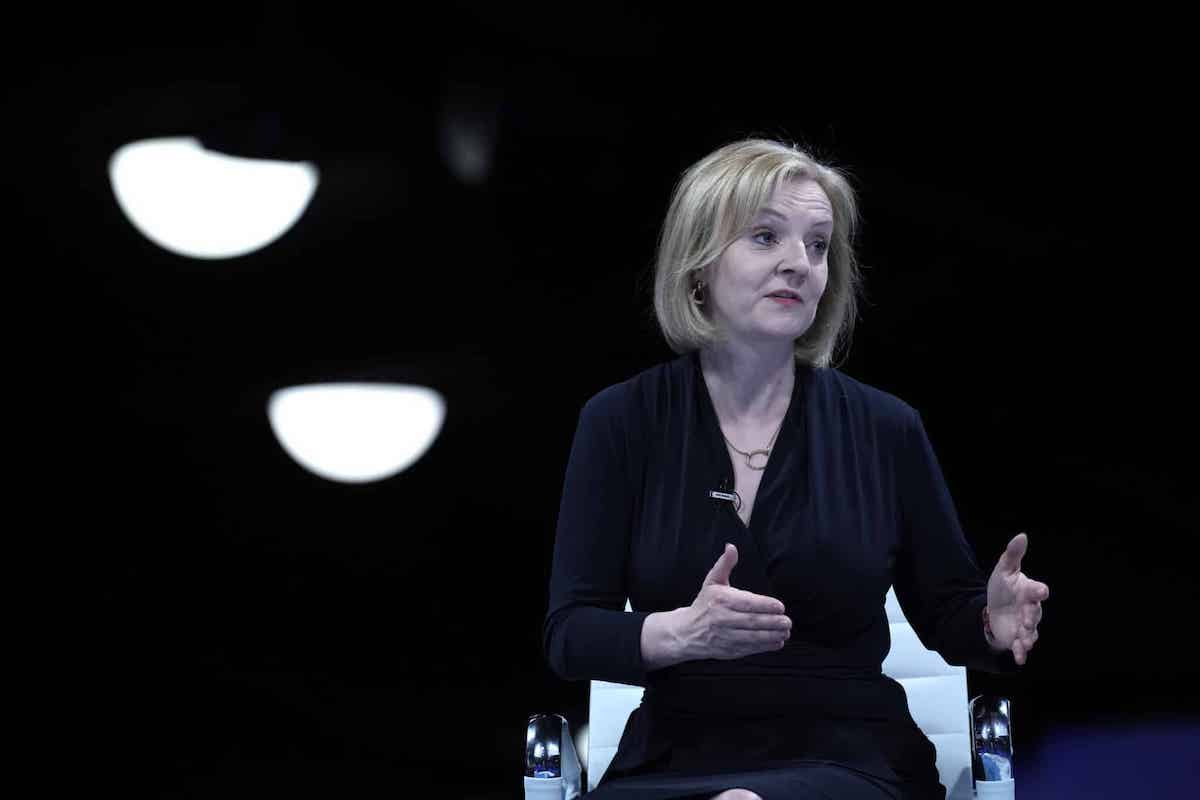House price growth in the UK edged up to 11.0% in the 12 months to July, according to the Nationwide House Price Index.
The latest figure is up from the 10.7% that Nationwide reported in the year to June.
House prices also climbed by 0.1% on a monthly basis, after taking account of seasonal effects, which was the twelfth successive monthly increase and kept annual price growth in double digits for the ninth month in a row.
Nationwide confirmed that the latest rise has taken the average house price in the UK to £271,613.
Commenting on the data, Nationwide chief economist, Robert Gardner, said the housing market has retained a “surprising degree of momentum” given the mounting pressures on household budgets from high inflation, which has “driven consumer confidence to all-time lows”.
“While there are tentative signs of a slowdown in activity, with a dip in the number of mortgage approvals for house purchases in June, this has yet to feed through to price growth,” Gardner commented.
“Demand continues to be supported by strong labour market conditions, where the unemployment rate remains near 50-year lows and with the number of job vacancies close to record highs. At the same time, the limited stock of homes on the market has helped keep upward pressure on house prices.
“We continue to expect the market to slow as pressure on household budgets intensifies in the coming quarters, with inflation set to reach double digits towards the end of the year. Moreover, the Bank of England is widely expected to raise interest rates further, which will also exert a cooling impact on the market if this feeds through to mortgage rates.”
Nationwide’s index also showed that total housing market transactions in the three months to May were around 20% below the elevated levels resulting from the stamp duty holiday, but 5% above pre-pandemic levels.
First-time buyer mortgage completions have remained more resilient, however, and are now around 5% above pre-pandemic levels despite growing affordability pressures.
“House price growth has continued to outpace earnings by a wide margin, increasing the deposit hurdle, and, together with higher interest rates, has pushed up mortgage repayments relative to incomes,” Gardner continued.
“The number of cash transactions has remained elevated, though its share of activity has remained broadly stable at 35%. This is partly a reflection of an ageing population, where more people own their homes outright. However, properties purchased for investment, such as a holiday home or buy to let, is also an important element of the cash market.
“Buy-to-let purchases involving a mortgage also remain higher than pre-pandemic levels. Sentiment is likely buoyed by the fact that rental demand remains strong, with upward pressure on rents, which may be encouraging landlords to enter the market, particularly if they view property as a hedge against inflation.”
Latest News
-
Residential property transactions fall 24% month-on-month
-
Later life lending loans jump 5.1% in Q4 2025
-
Mortgage Awards 2026: Winners announced
-
FCA outlines proposals to close gaps in borrowers’ credit files
-
St. James’s Place closes 2025 with record FuM
-
Average LTV on UK mortgaged home drops to 59% – IMLA
Mortgage Advice Bureau and AI in the mortgage sector
Chief executive officer at Mortgage Advice Bureau, Peter Brodnicki, and founder and managing director at Heron Financial, Matt Coulson, joined content editor Dan McGrath to discuss how Mortgage Advice Bureau is using artificial intelligence to make advancements in the mortgage industry, the limitations of this technology and what 2026 will hold for the market
Perenna and the long-term fixed mortgage market

Content editor, Dan McGrath, spoke to head of product, proposition and distribution at Perenna, John Davison, to explore the long-term fixed mortgage market, the role that Perenna plays in this sector and the impact of the recent Autumn Budget
NEW BUILD IN FOCUS - NEW EPISODE OF THE MORTGAGE INSIDER PODCAST, OUT NOW

Figures from the National House-Building Council saw Q1 2025 register a 36% increase in new homes built across the UK compared with the same period last year, representing a striking development for the first-time buyer market. But with the higher cost of building, ongoing planning challenges and new and changing regulations, how sustainable is this growth? And what does it mean for brokers?
Does the North-South divide still exist in the UK housing market?

What do the most expensive parts of the country reveal about shifting demand? And why is the Manchester housing market now outperforming many southern counterparts?
In this episode of the Barclays Mortgage Insider Podcast, host Phil Spencer is joined by Lucian Cook, Head of Research at Savills, and Ross Jones, founder of Home Financial and Evolve Commercial Finance, to explore how regional trends are redefining the UK housing, mortgage and buy-to-let markets.
In this episode of the Barclays Mortgage Insider Podcast, host Phil Spencer is joined by Lucian Cook, Head of Research at Savills, and Ross Jones, founder of Home Financial and Evolve Commercial Finance, to explore how regional trends are redefining the UK housing, mortgage and buy-to-let markets.
© 2019 Perspective Publishing Privacy & Cookies











Recent Stories